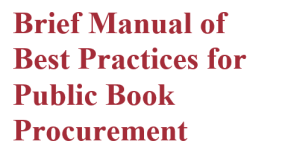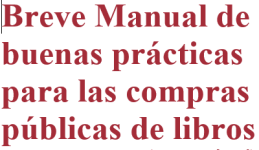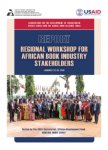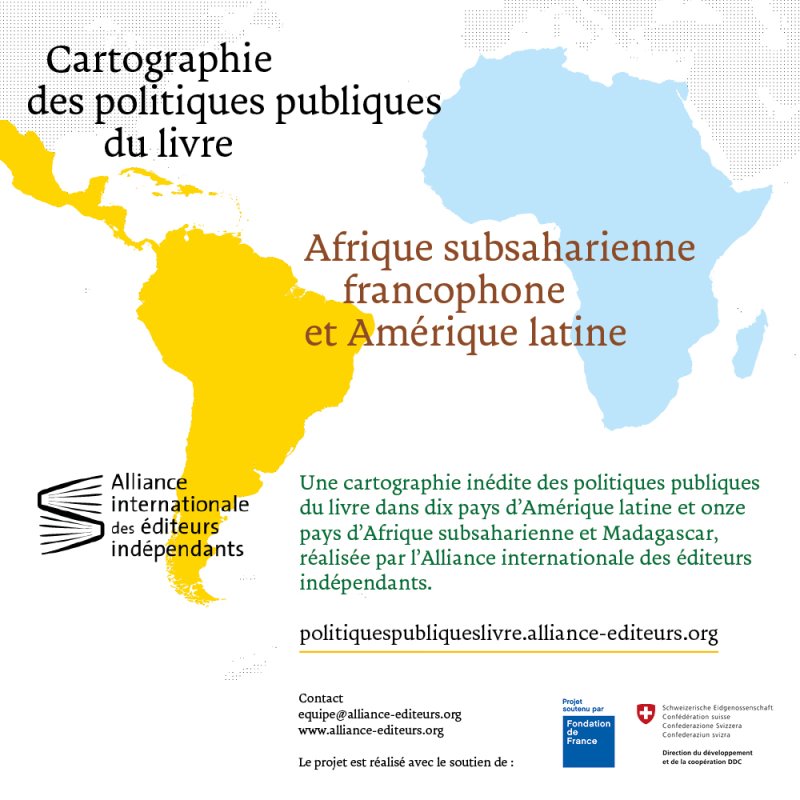In 2017, publishers who are members of the Alliance along with academics and experts united to collectively produce some research on Public Book Policies in Latin America and in Sub-Saharan Africa. This has since been converted into a unique digital, graphic and interactive tool for informing and centralising data on the public support systems for books and reading in 22 countries.
In 2024, the International Alliance of Independent Publishers, thanks to the support of Open Society Foundation, extends this project to the Arab world for a better understanding of public authorities’ commitment to books and reading in the different countries of the Arab world. To this end, data is collected in 10 countries based on a common questionnaire. The data will then be presented on the dedicated website for each country. A cross-sectional analysis will be carried out on the basis of these data; the Alliance is looking for an author to draft this cross-sectional analysis.
Deadline to apply (equipe@alliance-editeurs.org): 13 May 2024
This unique and important work! The mapping and the analysis will be presented publicly in December 2024 or January 2025 to professionals and representatives of public authorities in the countries.
Read more here (in Arabic) / see on the right the English version for download

























